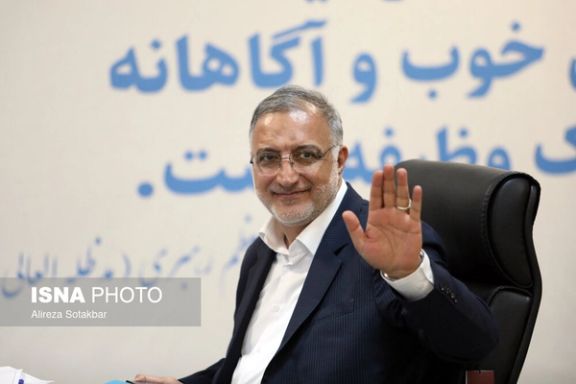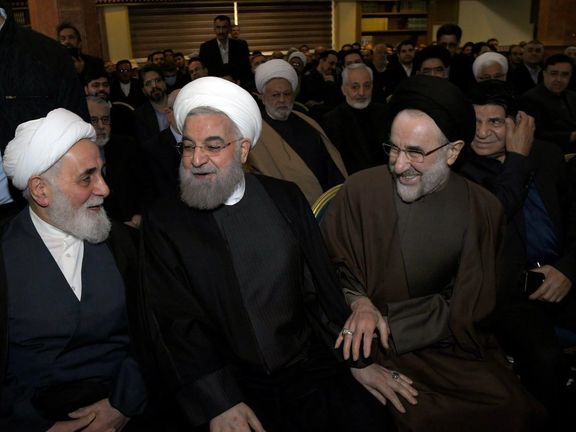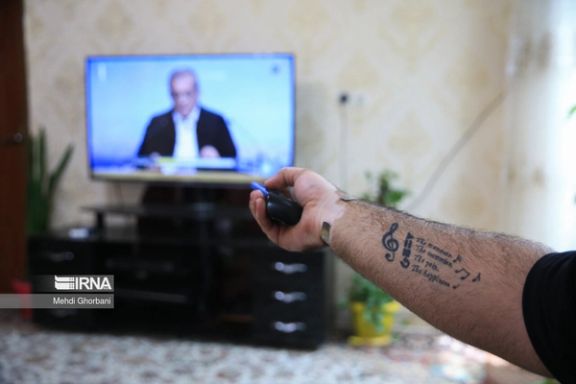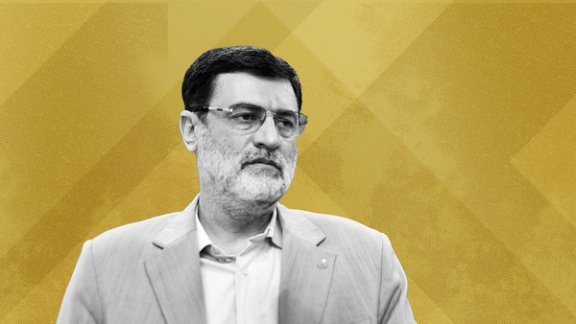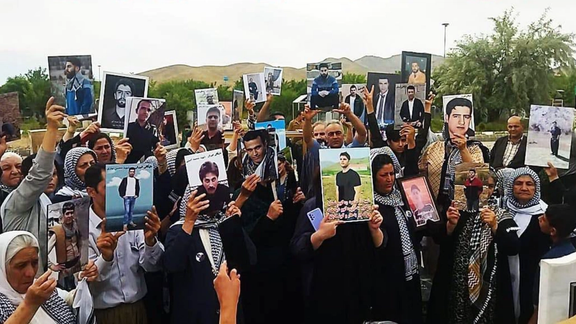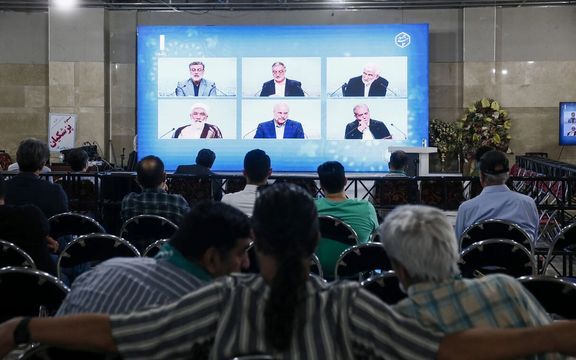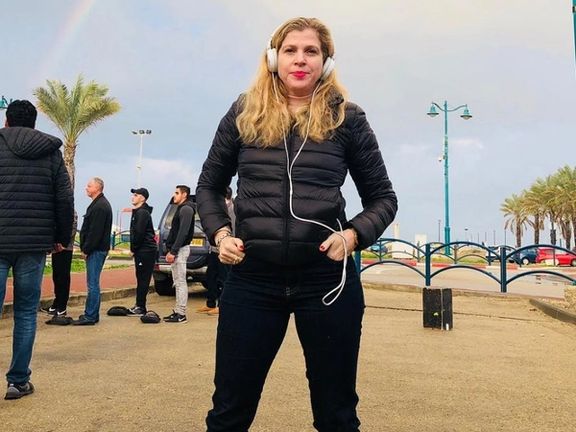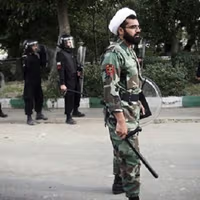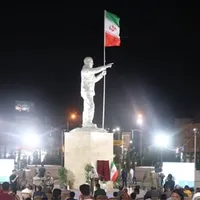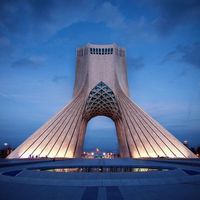Under the banner of "The National Network Woman, Life, Freedom Revolution," the groups issued a collective statement, endorsing organized protests targeting the electoral process.
Their initiative included “meeting with families of political prisoners, conducting nighttime chants with slogans in Iran" and advocating for the staging of demonstrations outside of Iranian embassies abroad.
Their objective, they say, is to sustain the movement that was triggered in September 2022 following the death of Mahsa Jina Amini while in the custody of the so-called morality police. The state's subsequent killing of at least 550 protesters during its crackdown has been labeled a crime against humanity by a UN fact-finding mission.
Simultaneously, Iranian Kurdish families, who have lost loved ones as a result of Tehran's suppression of dissent, have also voiced support for the election boycott, denouncing it as a "circus."
“As justice-seeking mothers from Kurdistan, we will persist in our quest for justice until we secure the right to prosecute and punish those who unjustly executed and shot our children. We unequivocally denounce the Iranian regime and reject any participation in what are deemed as mere staged elections,” the families who have lost loved ones during the Woman, Life, Freedom protests said in a statement published on social media.
The upcoming presidential ballot features five hand-picked insider politicians. Experts have often noted that the office of the president holds limited influence over many institutions and critical decisions, which are predominantly shaped by Supreme Leader Ali Khamenei.
Over the weekend, over 500 teachers, union activists, and prominent cultural figures in Iran similarly issued a joint statement publicly declaring their decision to abstain from participating in the upcoming presidential elections.
In their statement, the signatories emphasized, "Engaging in the electoral process, even under the assumption of a victory by a reformist candidate, is futile and does not offer solutions to ongoing issues. Moreover, it risks legitimizing the government and escalating suppression of dissent and protest. Therefore, we announce our refusal to participate in the presidential elections."
Influential figures have also voiced dissent against Iran's upcoming June 28 snap presidential election. Nobel Peace Prize laureate Narges Mohammadi has criticized the election, calling it a facade orchestrated by an oppressive regime.
Several civil and political activists and unions had already united in support of the boycott.
Sepideh Rashno, a writer and civil activist advocating against mandatory hijab, expressed on her Instagram: "There is no future for Iran and its people under the Islamic Republic. The will and resilience of the people has always driven change."
Goljahan Ashrafpour, mother of Akbar Mohammadi, a student activist who died in prison in 2006, conveyed a message from the hospital urging citizens not to participate in the upcoming elections.
She emphasized that the president “lacked authority” and encouraged people to "stay at home on election day" to avoid endorsing what she referred to as Supreme Leader Ali Khamenei's manipulation of the elections.
Atash Shakrami, the aunt of Nika Shakrami, a 16-year-old killed by Iranian security forces during the 2022 nationwide protests, used her Instagram platform to condemn the government and the electoral process. She asserted, "Every government agent's hands are deeply stained with the blood of our nation's youth."
